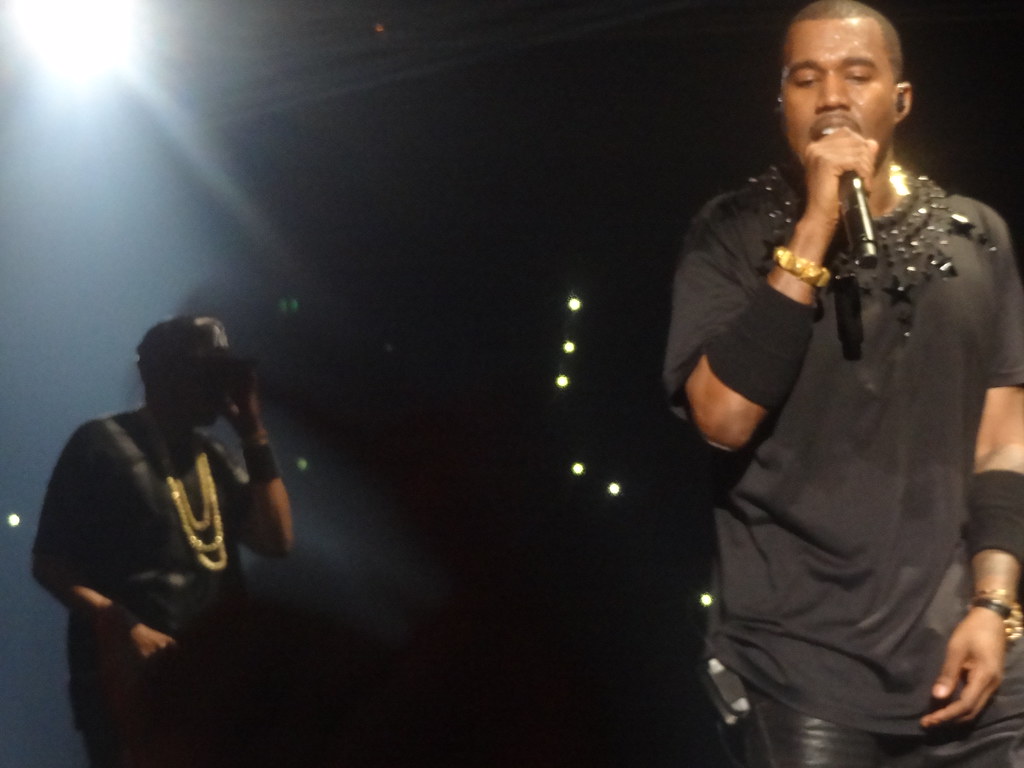
Kanye West’s financial journey reads like a gripping saga, a narrative as complex and polarizing as the artist himself. It’s a story woven with threads of extraordinary talent, audacious ambition, staggering wealth, and sudden, dramatic reversals. For years, the question of Kanye’s true net worth has sparked heated debates across the music industry and financial circles, making it one of the most controversial topics in celebrity finance.
We’re about to peel back the layers of this fascinating financial empire, exploring not just where Kanye’s money comes from, but also the persistent and often bewildering discrepancies in how his wealth is valued. This isn’t just a tale of numbers; it’s an in-depth look at how an artist built a fortune, challenged conventional valuations, and how his highly public persona and controversial actions profoundly impacted his financial standing, culminating in a stark contrast between his self-proclaimed billions and external estimates.
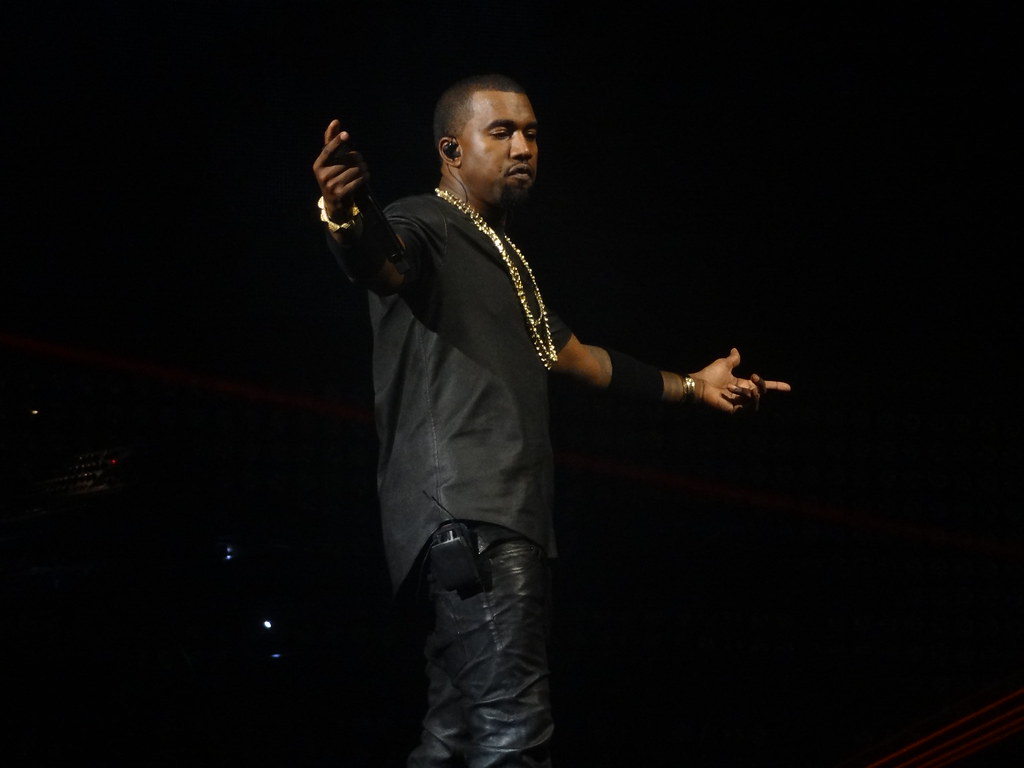
1. **The Origins of a Controversial Fortune: From Producer to Music Mogul**Before he became the global phenomenon known as Ye, the rapper was already a well-known and respected producer, crafting hits for other artists. This foundational period laid the groundwork for his eventual solo artist stardom, which truly took off with the release of his first mixtape in 2002. His debut album, 2004’s “The College Dropout,” launched him into unprecedented heights of fame, firmly establishing his music career as the true origin of his remarkable wealth.
Over two decades, Kanye West has solidified his place as a titan in the music industry, accumulating an impressive collection of 24 Grammy Awards. His discography has achieved monumental success, with more than 160 million records sold worldwide. This extraordinary output has endowed him with a music catalog that is currently valued at approximately $130 million, standing as a significant and enduring source of passive income.
His most commercially successful albums, such as “Graduation” and the critically acclaimed “My Beautiful Dark Twisted Fantasy,” continue to resonate with audiences globally. These records consistently generate substantial royalties through streaming and various licensing agreements, providing a stable financial bedrock for his sprawling empire. It’s a testament to the enduring power of his artistry, which continues to pay dividends years after its initial release.
This initial accumulation of wealth, rooted deeply in his undeniable musical talent, served as the launchpad for all his subsequent ventures. However, even as his fortune grew, it became clear that his financial narrative would be anything but straightforward. His journey has been consistently overshadowed by controversies, intertwining his business acumen with a public persona that frequently courts friction.
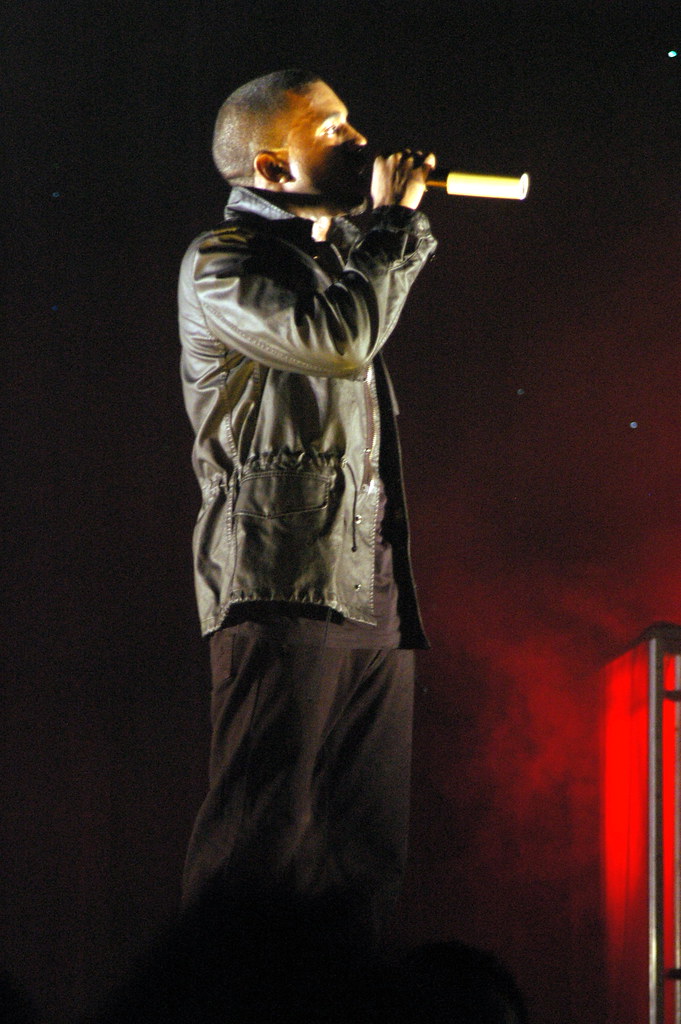
2. **Where the Money Comes From: Kanye’s Diverse Wealth Sources**Kanye West’s financial empire is a testament to the power of diversification, drawing from multiple revenue streams that have meticulously shaped his controversial net worth. Like any savvy entrepreneur, he understood that building a truly substantial fortune required looking beyond a single source, even one as lucrative as a celebrated music career. His portfolio showcases a blend of creative ventures and strategic investments.
Before its highly publicized termination, the Yeezy brand stood as Kanye’s most profitable and influential venture. This groundbreaking partnership with Adidas was a financial powerhouse, bringing in roughly $2 billion in sales each year for the sportswear giant. It even accounted for nearly 10% of Adidas’s yearly revenue, demonstrating the immense market impact and profitability of the collaboration.
Crucially, even after the Adidas fallout, Kanye still maintains complete ownership of the valuable Yeezy trademark. This ownership remains a cornerstone of his self-reported $2.77 billion valuation, highlighting the perceived inherent brand value that he attributes to his creative vision. His fashion ventures have always extended beyond footwear, encompassing clothing lines and partnerships with various luxury brands.
Beyond fashion and music, Kanye has meticulously built an impressive real estate portfolio over the past several years. His holdings include significant properties in desirable locations such as Wyoming, Malibu, and Hidden Hills. These strategic real estate investments represent a large portion of his tangible assets, providing a stable and appreciating component of his wealth, even amidst market fluctuations.
Another significant income stream comes from G.O.O.D. Music, his record label, which has been instrumental in launching the careers of many successful artists. Furthermore, a noteworthy component of his current wealth is his 5% stake in his ex-wife Kim Kardashian’s highly successful shapewear brand, Skims. This passive investment, despite his non-involvement with the company since its 2019 launch, is currently valued at an impressive $128 million.
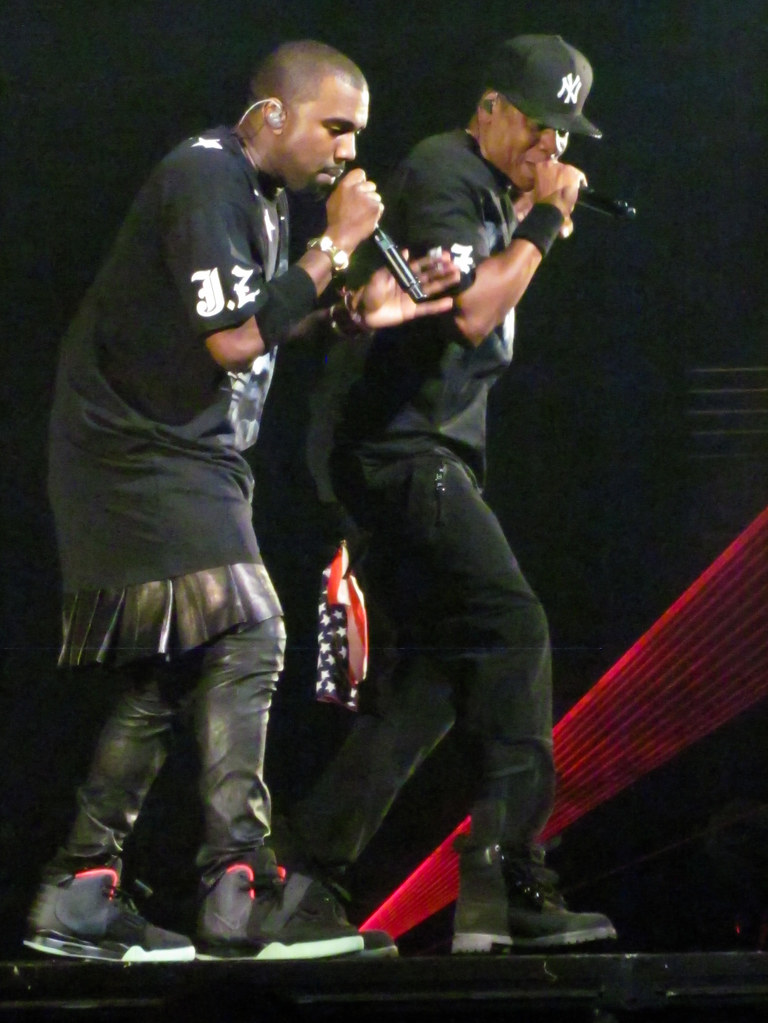
3. **The Billion-Dollar Debate: Is Kanye West Really a Billionaire?**The question of Kanye West’s true wealth has become an incessant, often exasperating battle between the artist and major financial publications. This ongoing tug-of-war over his net worth remains one of the most intensely debated topics in the entire realm of celebrity finance. Fans, financial analysts, and media outlets alike struggle to reconcile the wildly conflicting figures, keeping the discussion perpetually alive.
A central issue fueling this controversy is the inconsistency in Kanye’s own claims about his wealth; his numbers simply don’t add up reliably. For example, when Forbes officially recognized him as a billionaire, estimating his worth at $1 billion in 2020, his response was immediate and incredulous. He promptly texted the magazine, asserting, “It’s not a billion. It’s $3.30 billion since no one at Forbes knows how to count.”
This wasn’t an isolated incident, but rather a characteristic pattern of behavior. Kanye has repeatedly challenged financial experts and media outlets, refusing to accept their valuations. The sheer chasm between his self-perception and official estimates became glaringly evident when he audacious claimed at one point to be worth around $7 billion, a figure far beyond any verified assessment.
His financial narrative has been a veritable rollercoaster ride, marked by dramatic peaks and valleys. Just in 2016, he publicly tweeted about being $53 million in debt, a declaration that shocked many. Yet, within a few short years, he was confidently proclaiming himself a billionaire. These wild swings in fortune, compounded by his well-documented public mental health challenges, have inevitably cast a shadow of doubt over the veracity of his financial claims.
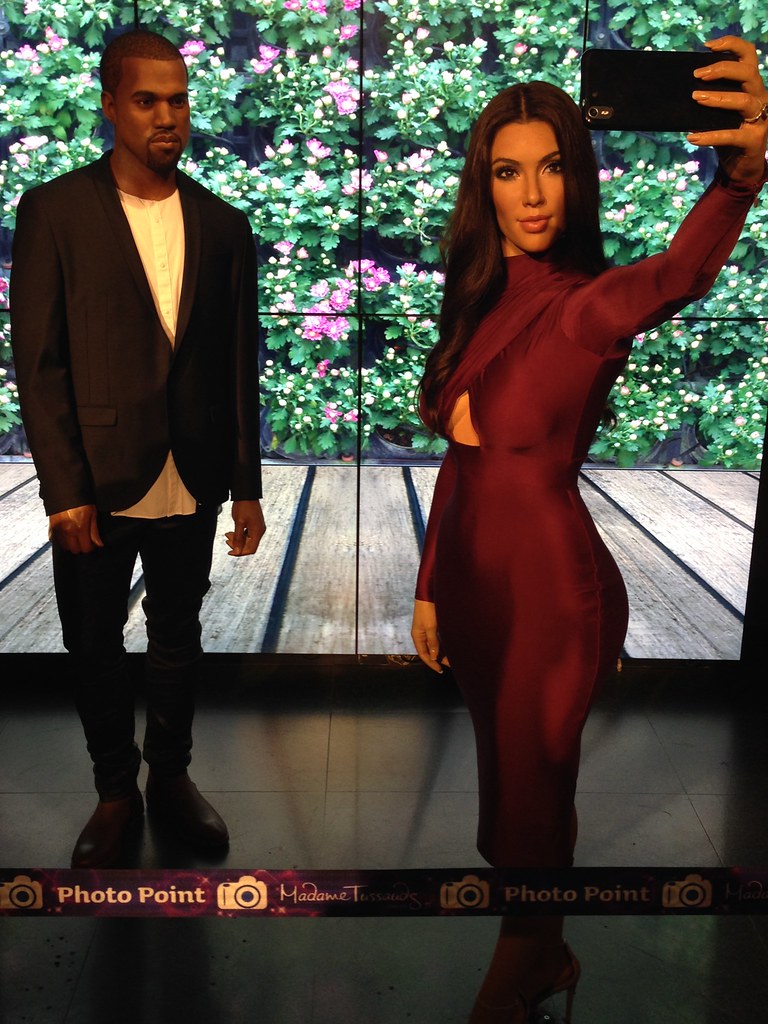
4. **Forbes’ Official Estimate: The $400 Million Valuation Unpacked**In stark contrast to Kanye’s soaring self-reported figures, Forbes, the financial publication renowned for its celebrity wealth estimations, officially pegs the controversial rapper’s fortune at approximately $400 million. This conservative estimate represents a dramatic and significant fall from his previous status as a recognized billionaire, signaling a major shift in his financial landscape.
The primary catalyst for this drastic reduction from earlier calculations was the termination of his incredibly profitable Adidas partnership. This lucrative deal was once valued at a staggering $1.5 billion by Forbes. However, following a series of highly controversial and antisemitic statements made by Kanye throughout 2022, a massive backlash ensued, causing many major brands to swiftly distance themselves from him.
Following these severances, particularly the critical split with Adidas, Forbes adjusted Ye’s net worth to its current $400 million figure. Their calculations now delineate his wealth as comprising several key components. This includes approximately $100 million in cash and other liquid investments, a music catalog valued at $130 million, and a significant $128 million stake derived from his 5% ownership in Skims.
Forbes employs a comprehensive methodology to determine celebrity wealth, adopting a conservative approach that prioritizes verifiable assets and income streams. Their team meticulously analyzes public records, including financial filings, real estate holdings, and court documents. They also consult industry experts and insiders regarding endorsement deals and business ventures, always subtracting any known debts from the total estimated worth to ensure accuracy and prudence in their valuations.
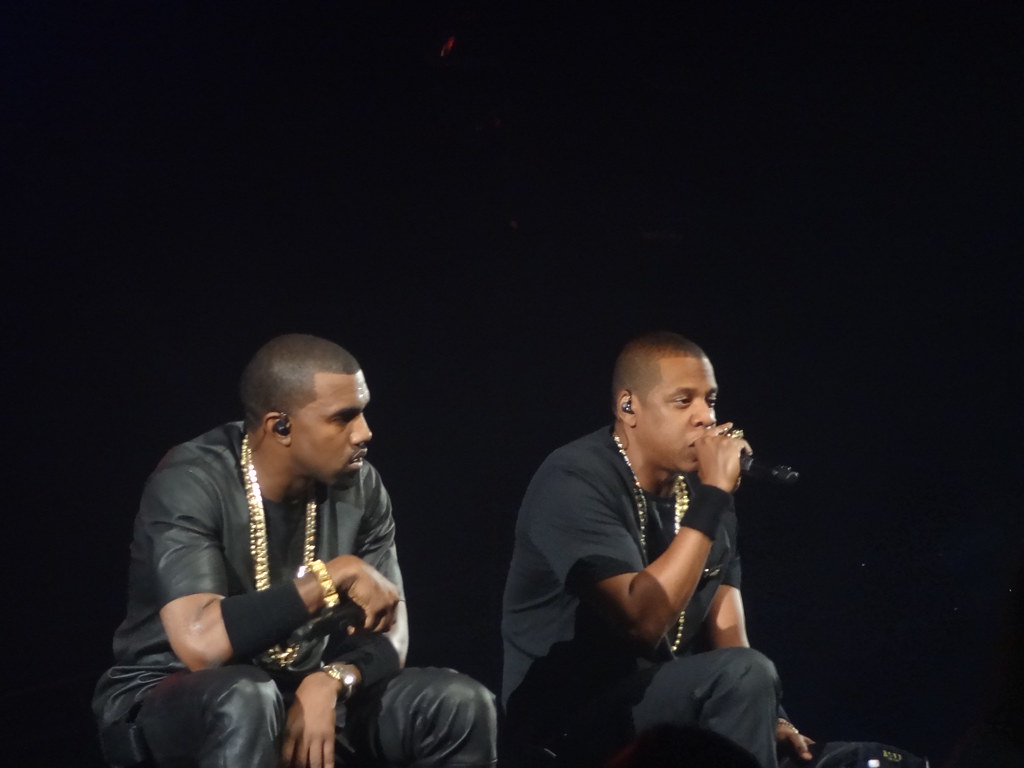
5. **Kanye West’s Own Claims: The Staggering $2.77 Billion Assertion**Unsurprisingly, Kanye West vehemently disputes Forbes’ conservative estimate of his wealth, asserting that his net worth is nowhere near their calculations. Instead, he maintains that his fortune stands at a staggering $2.77 billion, a figure that, if accurate, would place him among hip-hop’s wealthiest artists, even surpassing Jay-Z’s substantial $2.5 billion.
To substantiate his audacious claim, Kanye released a series of documents in January 2025 that purportedly supported his $2.77 billion valuation. These papers originated from Eton Venture Services, a business valuation firm that had conducted an assessment of his assets. The company specifically evaluated the value of his music portfolio and, most significantly, his Yeezy trademark ownership.
Eton’s methodological approach to valuation differed considerably from that of Forbes. Rather than solely focusing on tangible, verified physical assets and current income, Eton’s assessment placed a strong emphasis on future earnings potential and the immense intrinsic brand value of the Yeezy trademark. This difference in approach largely accounts for the vast discrepancy in the final figures.
Kanye’s stance against Forbes is deeply entrenched and long-standing; he has never truly agreed with their numbers. Even when the magazine declared him a billionaire in 2020, he famously texted them almost immediately, arguing that they had missed an astounding $2.3 billion of his actual worth. His frustration is palpable, often expressed on social media with blunt statements like, “No one at Forbes knows how to count,” as he frequently presents his own financial records to challenge their expertise.
Public and media reaction to Kanye’s claims remains sharply divided. While many financial experts and seasoned analysts generally remain skeptical of his self-reported numbers without independent verification, his dedicated fanbase often champions his assertions. This enduring gap between Forbes’ $400 million estimate and Kanye’s $2.77 billion claim ensures that the debate over celebrity wealth reporting and valuation methodologies continues to captivate and provoke discussion.
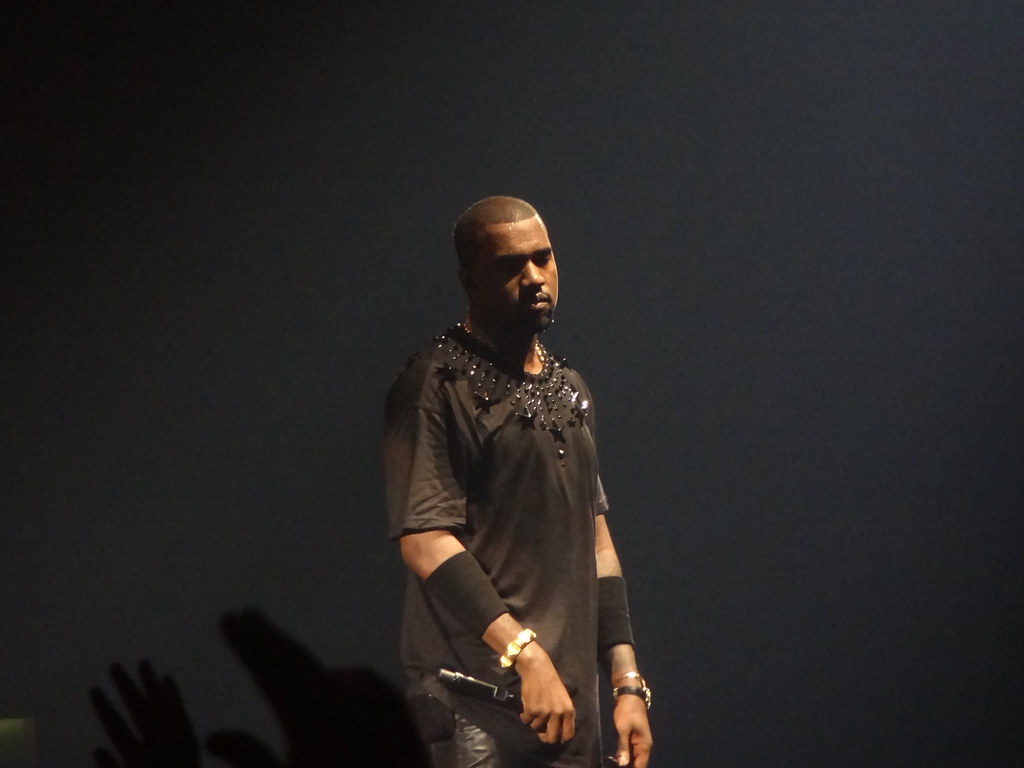
6. **The Cataclysmic Fallout: Adidas Severance and Antisemitic Storm**The most devastating blow to Kanye West’s financial standing, and the primary catalyst for his dramatic fall from billionaire status, undoubtedly stemmed from the termination of his incredibly profitable partnership with Adidas. This lucrative deal, once valued by Forbes at a staggering $1.5 billion, was a cornerstone of his wealth. Its severance wasn’t just a business decision; it was the direct consequence of a whirlwind of controversial and antisemitic statements made by West throughout 2022, igniting a massive backlash that few brands could afford to ignore.
The controversy escalated rapidly, turning West into a pariah in the public eye and among corporate partners. It began with an Instagram post in which he suggested fellow rapper P Diddy was “controlled” by Jews, prompting Instagram to lock his account. Undeterred, West doubled down, reactivating his Twitter account to declare his intent to go “death con 3” on Jewish people. These incendiary remarks were not isolated incidents but were reinforced through subsequent media interviews where he repeatedly voiced belief in various conspiracy theories targeting the Jewish community, further inflaming an already tense situation.
Despite the growing public outcry and condemnation from fans and industry figures alike, Kanye remained defiant. In an October 2022 episode of the *Drink Champs* podcast, he audaciously proclaimed, “I can say antisemitic s***, and Adidas cannot drop me.” This assertion, however, proved to be a profound miscalculation. Later that very same month, Adidas officially announced the immediate termination of their partnership with West, signaling a definitive end to what had been one of the most successful collaborations in fashion and sportswear history.
The company publicly acknowledged that this split would erase approximately $535 million of projected operating profit, largely due to a massive surplus of unsold Kanye West-branded merchandise. The financial repercussions were immediate and immense. The end of the Adidas deal cost West dearly, directly leading to Forbes’ significant adjustment of his net worth from billionaire status to a mere fraction of his previous valuation. This episode underscored a stark reality: even for an an artist of Kanye’s magnitude, public controversies, particularly those crossing lines of hate speech, carry an undeniable and often irreversible financial penalty.
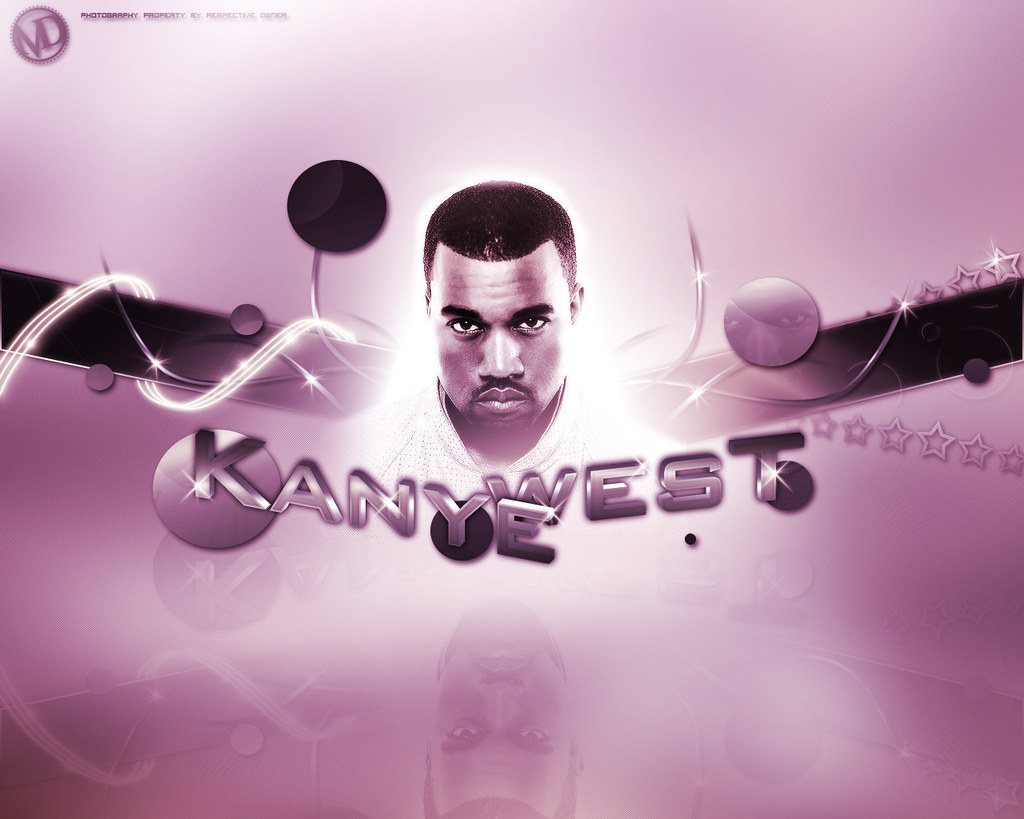
7. **The Domino Effect: Broader Brand Exits and Their Financial Scars**While the Adidas termination captured headlines and represented the most significant financial hit, it was far from an isolated incident. Kanye West’s cascade of controversial remarks triggered a wider exodus of brand partners, creating a formidable domino effect that further eroded his financial empire and tarnished his public image. The fallout extended beyond the sportswear giant, as several other major brands swiftly distanced themselves from West, making it clear that their associations with him were no longer tenable in the face of widespread public condemnation.
Among the prominent entities that severed ties were retail giant Gap and luxury fashion house Balenciaga. These companies, like Adidas, had invested heavily in partnerships with West, recognizing his unparalleled cultural influence and design acumen. However, the escalating severity of his antisemitic statements in 2022 left them with little choice but to prioritize their brand values and consumer trust over continued collaboration.
The termination of these deals, occurring around the same time, collectively underscored the critical vulnerability of celebrity-driven ventures when personal actions directly contradict societal norms and ethical standards. The financial scars left by this broader brand exodus were profound. Each partnership termination represented not just a loss of future income and revenue streams but also a significant devaluation of West’s personal brand equity.
The immediate impact was palpable, with Forbes calculating that his controversial outbursts led to an estimated $1.5 billion vanishing from his fortune, effectively knocking him off their list of the World’s Billionaires. This dramatic swing demonstrated with chilling clarity how rapidly fortunes can change when personal controversies intersect directly with business relationships, regardless of an individual’s prior success or perceived invulnerability.
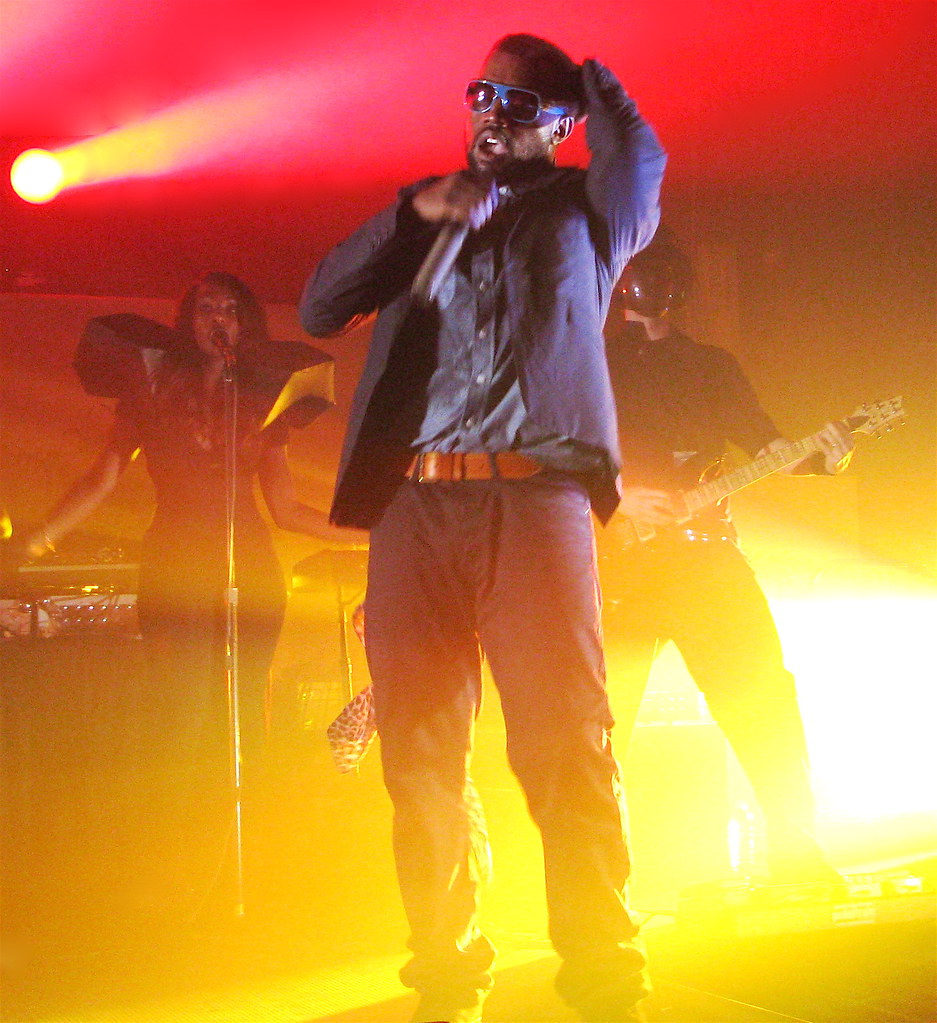
8. **Navigating the Financial Abyss: From $53 Million in Debt to Peak Billions**Kanye West’s financial journey is a testament to extreme volatility, a narrative rollercoaster ride marked by breathtaking ascents and precipitous declines. This tumultuous path vividly illustrates the sheer unpredictability inherent in celebrity wealth, moving from the brink of financial ruin to the zenith of multi-billion-dollar aspirations. His story is not just one of accumulating wealth but also of spectacular recovery and equally spectacular setbacks, all playing out on the intensely scrutinized stage of public opinion.
A striking moment in this financial saga occurred in 2016 when West publicly declared himself $53 million in debt via a tweet, a confession that sent shockwaves through the industry and among his followers. This candid revelation painted a picture of an artist burdened by significant financial strain, challenging the popular perception of his burgeoning wealth at the time. Yet, remarkably, within just a few short years of this declaration, West was confidently proclaiming himself a billionaire, a testament to his relentless entrepreneurial drive and the rapid expansion of his various ventures, particularly the burgeoning success of the Yeezy brand.
The zenith of Kanye’s financial power was reached in March 2021, when his wealth reportedly peaked at an astounding $6.6 billion. This period represented the pinnacle of his financial success, driven largely by the booming performance of his partnership with Adidas, which was generating over $2 billion in yearly sales and accounting for nearly 10% of Adidas’s annual earnings. This valuation placed him firmly among the richest entertainers in the world, a seemingly unassailable position that solidified his status as a formidable business mogul alongside his musical genius.
However, this towering peak proved to be precarious. The subsequent year, 2022, brought the devastating fallout from his public controversies, culminating in the termination of the Adidas deal and a rapid re-evaluation of his assets. This event, as detailed earlier, dramatically recalibrated his net worth, effectively erasing billions from his fortune. His journey, from a staggering debt in 2016 to peak billions in 2021, and then a precipitous drop, serves as a compelling, albeit cautionary, tale about the fluid nature of celebrity finance and the profound impact of public perception on one’s economic fate.
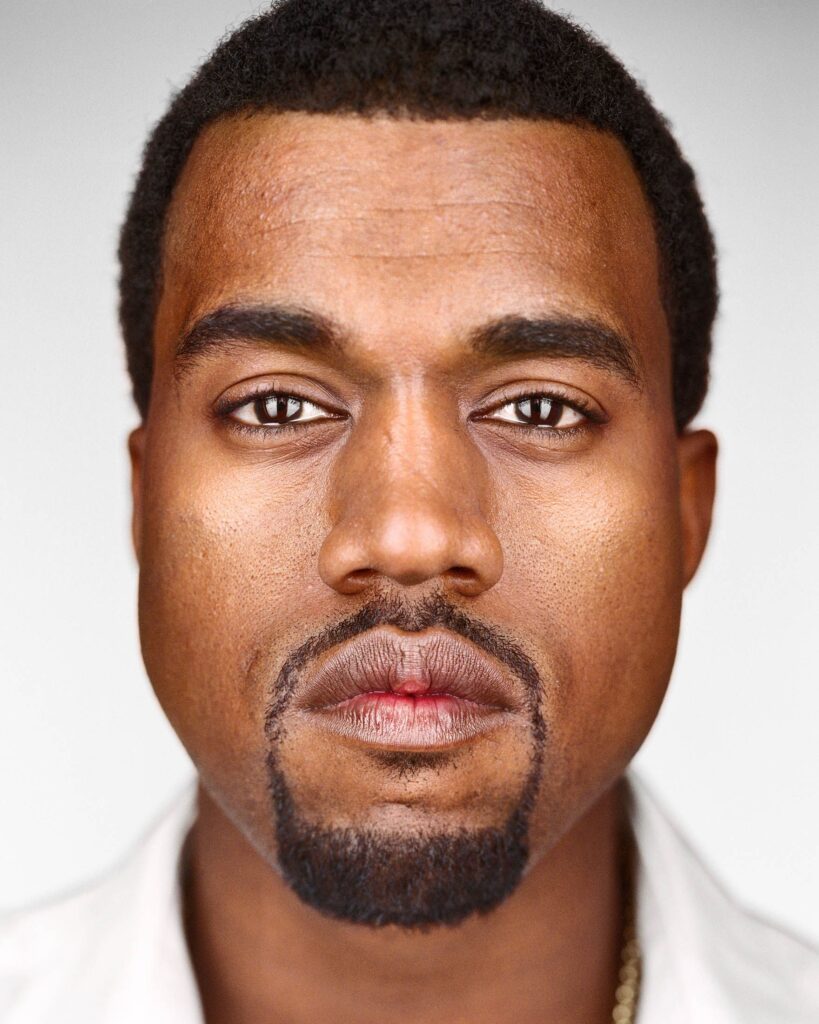
9. **The Intricacies of Celebrity Valuations: Beyond Tangible Assets**The ongoing debate surrounding Kanye West’s true net worth—a stark chasm between Forbes’ $400 million estimate and his own $2.77 billion claim—highlights the inherent complexities and often subjective nature of celebrity wealth calculation. It underscores that valuing an artist’s financial empire extends far beyond merely counting tangible assets; it delves into methodologies, future potential, and the highly variable influence of public perception. This significant discrepancy isn’t merely an accounting error; it’s a window into the nuanced challenges faced by financial experts attempting to quantify the worth of a multifaceted cultural icon.
As Craig Hughes from accountancy firm Menzies astutely observed, “The discrepancies you often see in net worth estimates can come from differences in the methods and assumptions used by various sources.” Forbes, renowned for its conservative approach, meticulously analyzes verifiable assets and income streams, delving into public records, financial filings, and real estate holdings. Their valuation strategy prioritizes established, concrete figures, deducting any known debts to arrive at a prudent estimate. This methodology tends to be less speculative, anchoring figures to present, provable worth.
Conversely, Kanye West’s claims, supported by firms like Eton Venture Services, emphasize future earnings potential and the immense, often intangible, value of his brand. Eton’s report, which substantiated his $2.77 billion valuation, placed a strong emphasis on the intrinsic brand value of the Yeezy trademark and projected future revenue streams rather than solely on current physical assets. This forward-looking perspective inherently introduces a greater degree of speculation, where the perceived power and longevity of a brand can be weighted heavily, leading to significantly higher valuations.
The role of public opinion in this intricate valuation dance cannot be overstated. Unlike traditional corporate assets, a celebrity’s financial standing is uniquely intertwined with their personal brand and public image. As the context reveals, “Public opinion, brand deals, and personal actions can make fortunes go up and down quickly.” Controversies, like those faced by West, can instantly devalue brand partnerships and erode future opportunities, making accurate long-term projections incredibly challenging. The persistent gap between Forbes’ conservative figures and Kanye’s ambitious claims ensures that the discussion over celebrity wealth reporting and valuation methodologies remains a captivating and fiercely debated topic.
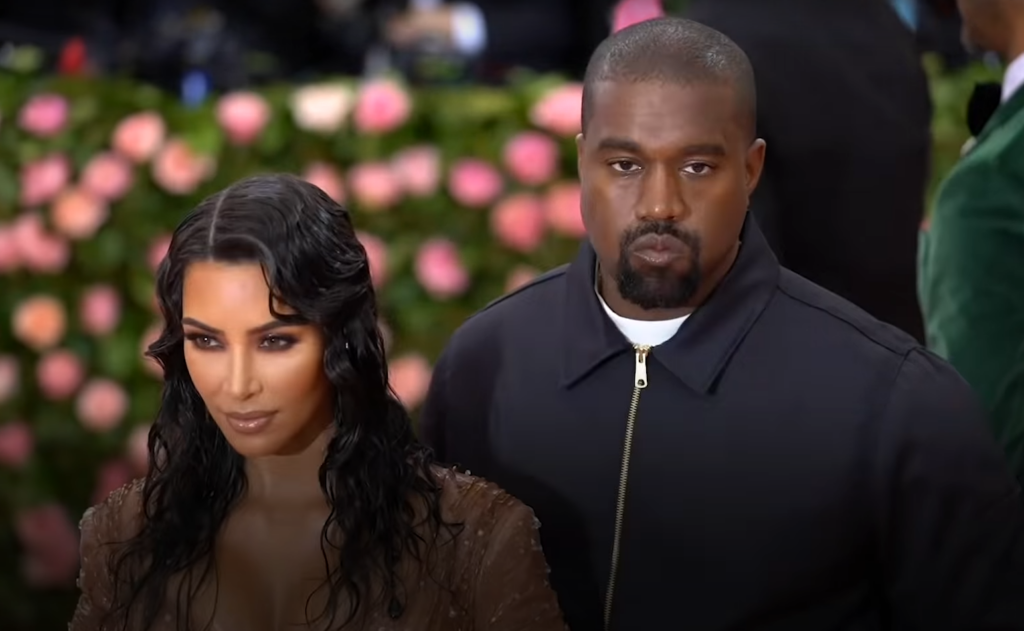
10. **The Unyielding Power of the Yeezy Trademark: A Post-Partnership Legacy**Even amidst the dramatic fallout from his brand partnerships, one crucial asset has remained firmly within Kanye West’s grasp: the complete ownership of the Yeezy trademark. This enduring possession represents a significant cornerstone of his self-reported $2.77 billion valuation and stands as a powerful testament to his unwavering belief in his creative vision and the inherent brand value he attributes to his fashion ventures. While the operational partnership with Adidas dissolved, the foundational intellectual property of Yeezy continues to exist, albeit in a radically altered landscape.
Kanye’s commitment to his vision for Yeezy has always been central to his entrepreneurial identity. The business valuation firm Eton Venture Services, in their assessment supporting West’s higher net worth claim, placed a strong emphasis on this very aspect – the immense intrinsic brand value of the Yeezy trademark and its potential for future earnings. This approach diverges significantly from more conservative valuations, highlighting the difference between assessing current, tangible assets and projecting the long-term, intangible power of a globally recognized brand, even one currently untethered from its primary manufacturing and distribution partner.
However, the future trajectory of the Yeezy brand without the colossal manufacturing and marketing engine of Adidas is, as the context rightly points out, “uncertain and is a subject of debate in financial circles.” The success of Yeezy with Adidas was built on a foundation of massive scale, global distribution, and a marketing budget that only a sportswear behemoth could provide. Replicating that level of market penetration and profitability independently, or with new, smaller partners, presents considerable challenges and necessitates a different strategic approach to maintaining its market relevance and perceived value.
Despite these uncertainties, Kanye West’s continued ownership of the Yeezy trademark underscores his resilience as a businessman. It showcases the power of intellectual property and diversified revenue streams in celebrity wealth building, even when facing significant adversity. Whether he can fully capitalize on this asset in the post-Adidas era remains to be seen, but the trademark itself continues to represent a potent symbol of his creative legacy and a potential pathway to future financial resurgence, shaping the ongoing narrative of his controversial and captivating fortune.
Kanye West’s financial journey is a labyrinthine saga, a compelling testament to the volatile intersection of artistic genius, audacious entrepreneurship, and explosive public persona. It reveals not only the dazzling highs of unprecedented wealth but also the swift, unforgiving consequences of controversy in an age of instant global communication. His story is a masterclass in the complexities of celebrity finance, demonstrating how individual actions, far beyond the confines of boardrooms and balance sheets, can reshape an empire. Ultimately, while the exact figures of his wealth may remain a subject of endless debate, the profound lessons gleaned from his tumultuous financial narrative are undeniably clear: in the digital era, reputation is currency, and even the most formidable fortunes are inextricably linked to public trust. His ability to navigate such dramatic shifts, clinging to core assets like the Yeezy trademark, speaks volumes about a business acumen that persists, even when everything else seems to crumble around him.



